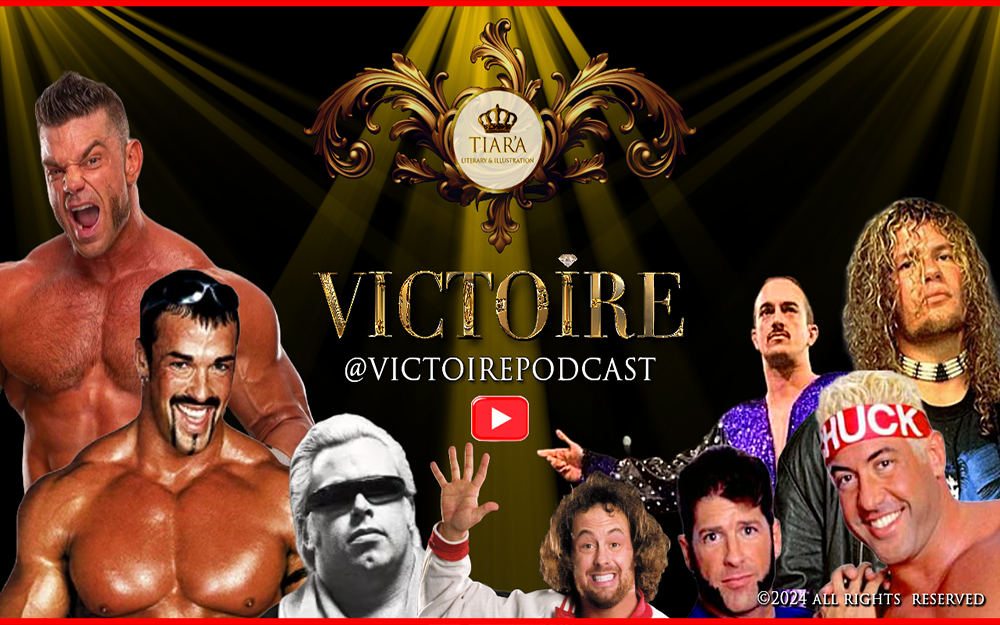
By Julie Buehler
With the NFL draft upon us, fascinating developments in the Josh Hamilton saga and so much invested in NHL and NBA playoffs, it might be fun to step back and ask a simple question: Where do these guys come from?
How are free agents chosen, prospects drafted and dynasties built? It’s supposed to be through a careful vetting process, but it doesn’t always happen that way.
The players that are drafted, signed to massive free agent contracts, and the ones that become the fulcrum to fresh franchise history are all supposed to go through a vetting process more rigorous than our politicians and teams that do it well, usually hoist trophies at the end of a season. Teams that don’t do it well, usually select atop the draft at the start of the next.
The vetting process is supposed to offer teams personality traits, upbringing, track records and an explanation of past behavior, in order to predict future success. Good teams know the information to pay attention to and sometimes, even more importantly, what information to ignore.
It’s remarkable, sometimes surprising, how much information is gathered with the intent of intelligent usage. But like anything in life, there’s the risk of paralysis by analysis.
Whether it’s the stats accumulated at the combine that measure height, weight, waist size or vertical jump, the answers to interview questions, or the work done by hired private investigators (yes, teams hire PIs to check prospects and free agents out) it’s frequent that teams gather too much information and not enough of the right information.
For example: it was well documented that one of the NFL’s greatest draft failures, Ryan Leaf, drafted by the San Diego Chargers just one selection after the Indianapolis Colts selected Peyton Manning, was a highly unstable personality who’s work ethic was questionable and drive to succeed entirely lacking.
But because the team focused so heavily on the glowing reports from former coaches and the stats accrued during a brilliant college career, the Chargers were swayed to take Leaf and it set the franchise back nearly a decade.
Teams screw up as much because they gather too much of the wrong information and not enough of the right information. Often a team will want to confirm what “their gut” tells them. Instead of honestly processing the information with fresh eyes and no bias, franchises decide what they want to know and seek to confirm it as fact.
It’s not unlike our political culture now, where people rarely debate with the intent to advance conversation, but rather they debate with the intent to create adversaries and shut down any opposition.
Well, when there’s tens-of-millions, perhaps hundreds-of-millions on the line for any decision, there’s a likelihood that the decision-makers are already so heavily invested in their decision, any information to the contrary will be dismissed and all information to support it will be weighted heavier than unbiased minds would weight it.
Franchises that avoid this hubris generally have stronger drafts and free agent acquisitions than franchises that seek short-term solutions and use only a tunnel-vision perspective.
With Jameis Winston set to become the first over-all pick in the 2015 draft, there’s no question the Tampa Bay Buccaneers have vetted him as thoroughly as they know how, but how they interpret the information is even more critical for the fate of the franchise.
Because the framework of the NFL draft generally values a quarterback over all other positions, a team automatically overvalues quarterbacks entering the draft. Then you add the prestige of Winston’s national championship and Heisman Trophy and the narrative of his superior athleticism begins to take shape.
This narrative begins to offer scouts that ‘gut feeling’ that Winston is the next face of the franchise. Once a senior scout believes that, airs that for all to hear, it becomes gospel and all other information to the contrary is at risk of being dismissed, diminished or discounted as unimportant. Regardless of it’s validity.
It’s the human condition. To confirm what we think we know and ignore evidence to the contrary.
Problems arise when a vetting process is cut short or doesn’t take place at all, which is what I suspect is the case with the free agent signing of Josh Hamilton by the Angels.
Had the Angels vetted Hamilton at any level, they would have seen his history with addiction and either been prepared to embrace the risk that comes with that or steered clear of the signing.
But they were either blinded by the information they had on his gaudy production as a Ranger and intentionally ignored those risks, or simply did not vet the reality of his past.
Either way, as I mentioned before, franchises’ futures hinge on a team’s ability to gather the right information, interpret it accurately and act accordingly.
While I’m convinced, based on my unbiased evaluation that Jameis Winston will be as much a bust for the Buccaneers as Josh Hamilton was for the Angels, Tampa Bay, like all franchises feels like it’s done it’s due diligence.
Only time will tell.
Julie Buehler hosts the Coachella Valley’s most popular sports talk radio show, “Buehler’s Day Off” every day from 1-4 on 1010 KXPS, the valley’s all sports station. She can also be seen every morning between 6-7am on KMIR sharing the coolest stories in sports. She’s an avid gym rat, slightly sarcastic and more likely to recite Steve Young’s career passing stats than American Idol winners. Tune in M-F 1-4 pst at www.team1010.com or watch “Buehler’s Day Off” on Ustream and KMIR.com for her sports reports.








































